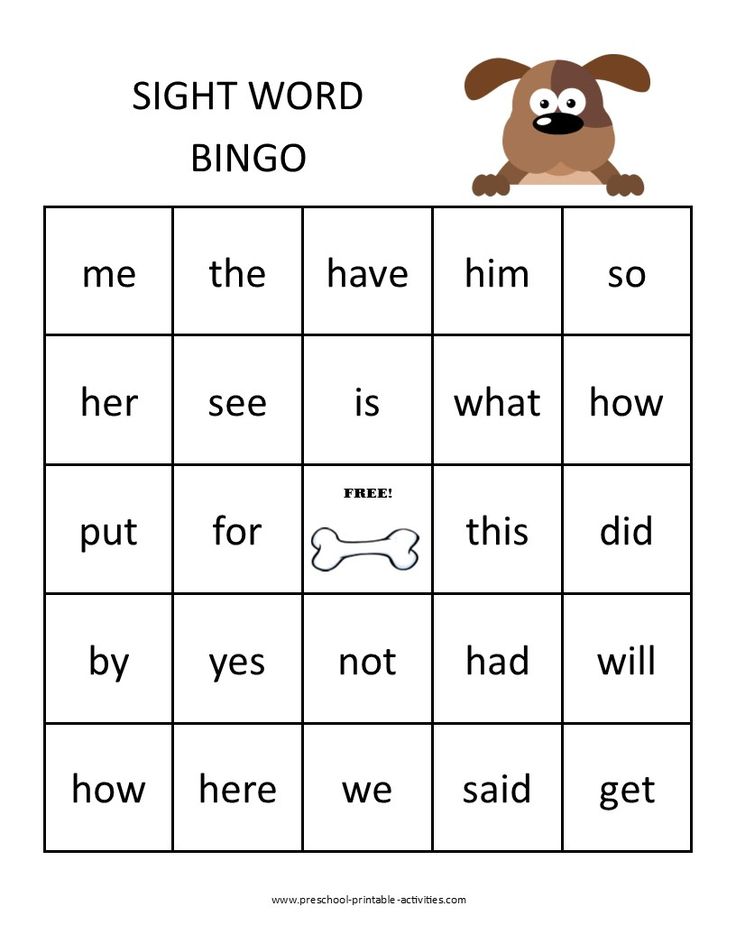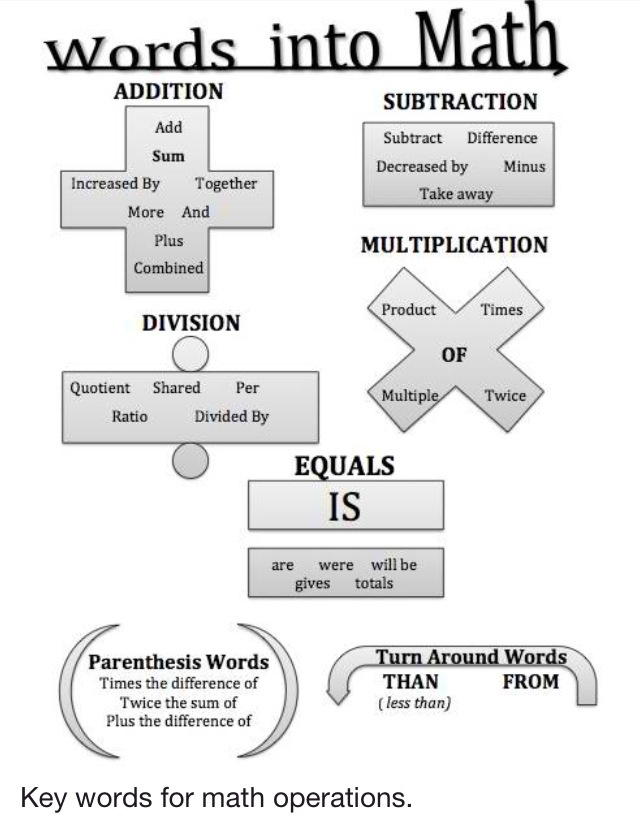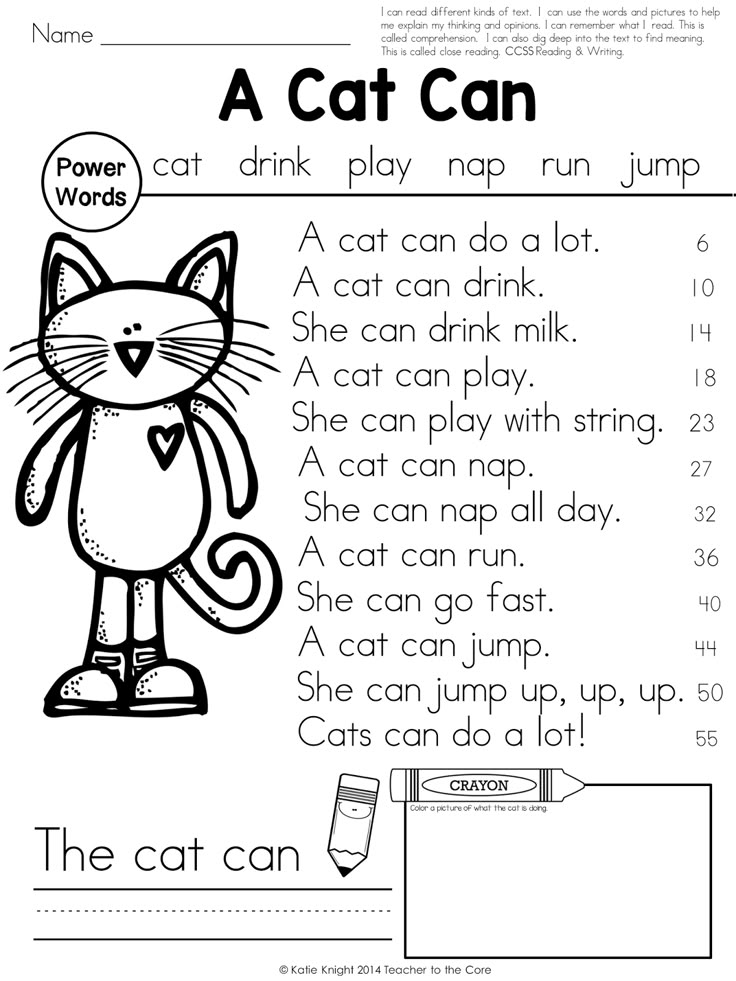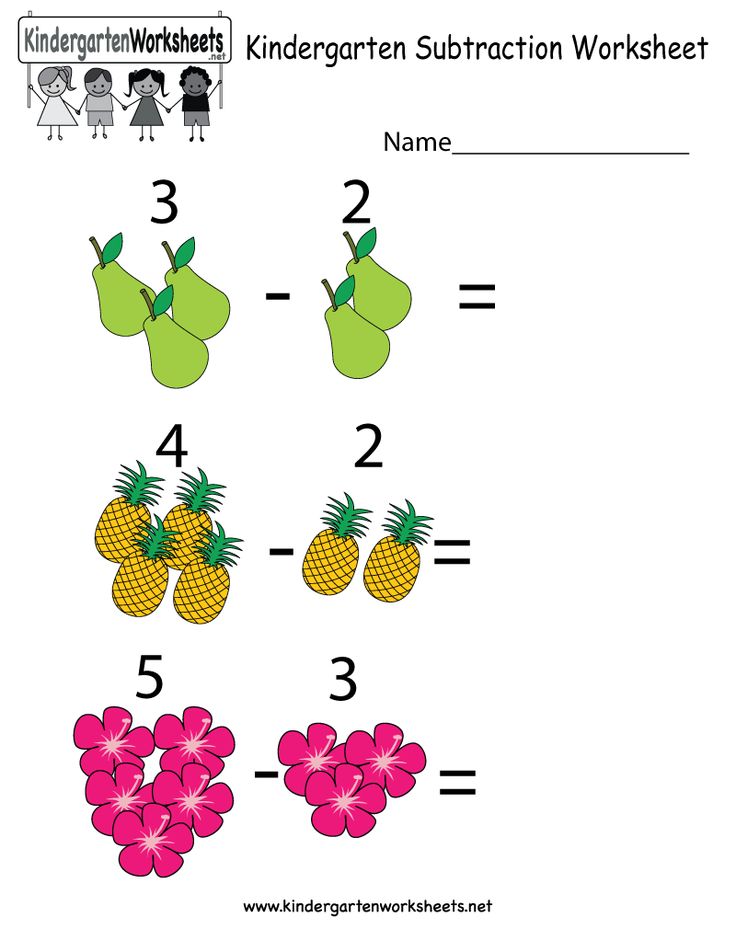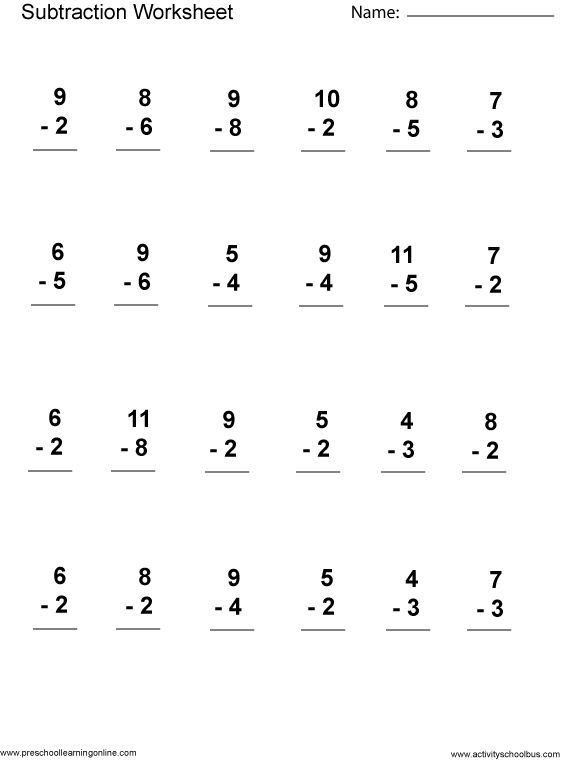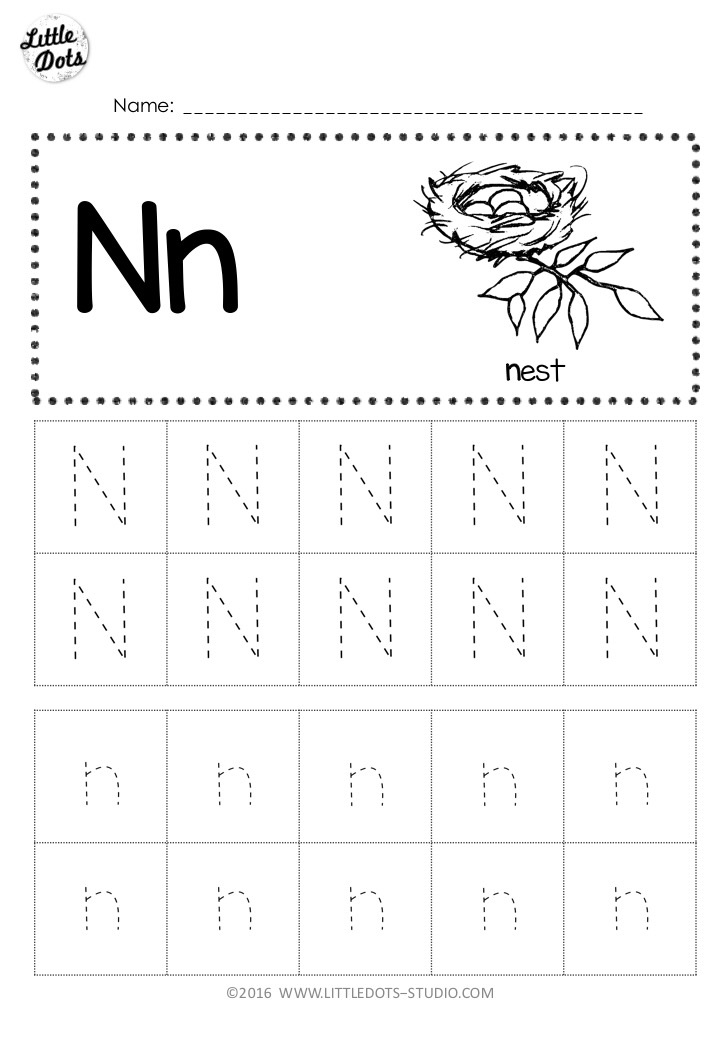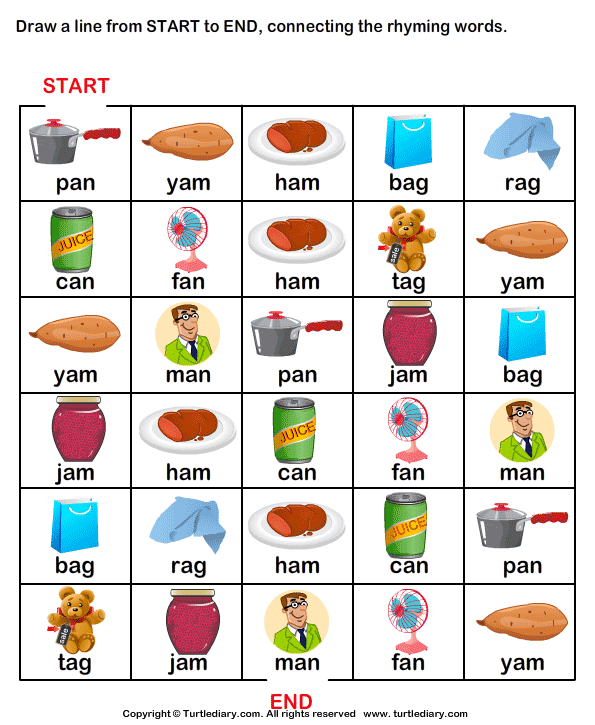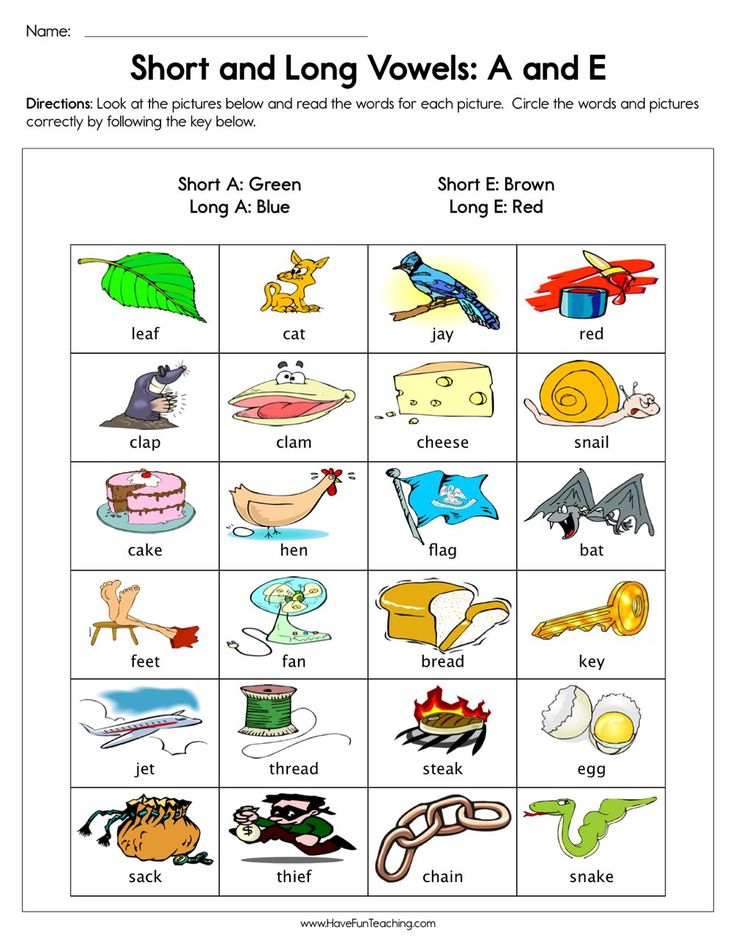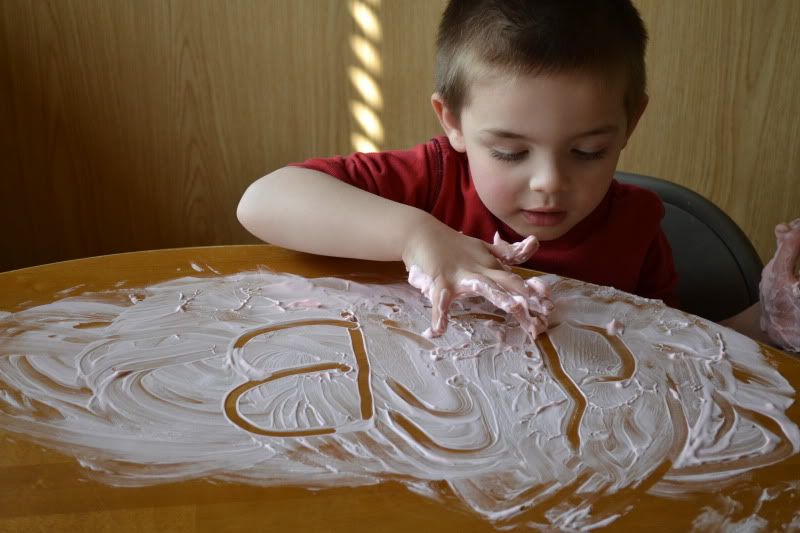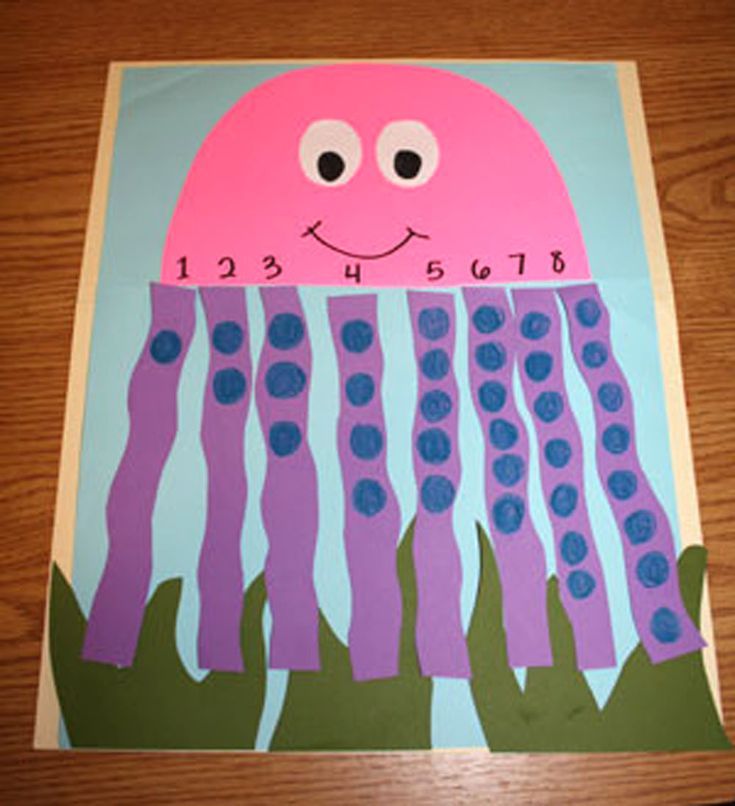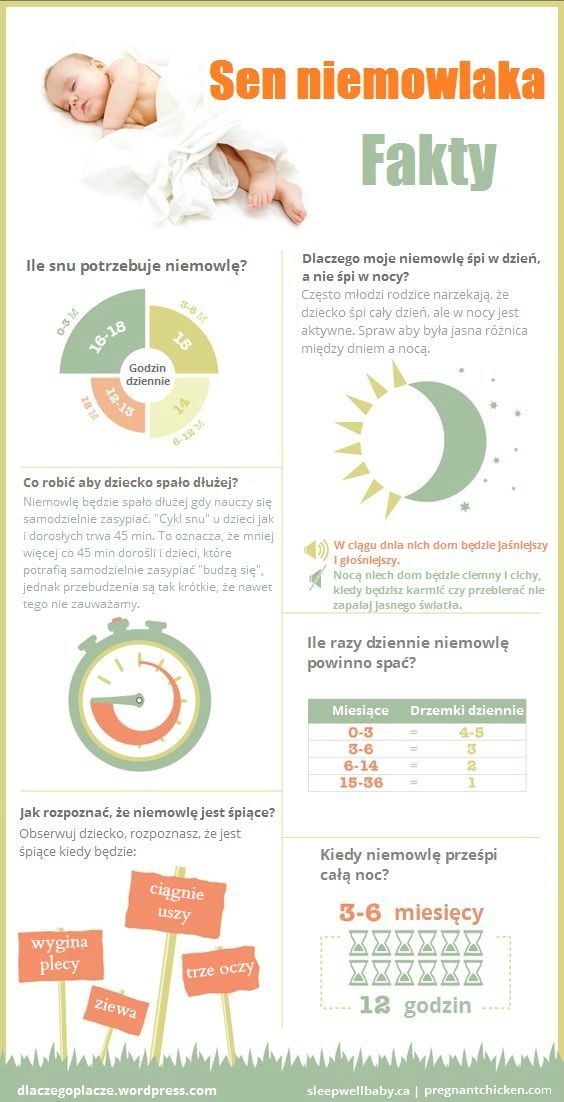Sight words list for preschool
Dolch Word List
[Home] [Back] [Dolch Preschool] [Dolch Kindergarten] [Dolch Grade One] [Dolch Grade Two] [Dolch Grade Three]
© Contributed by Leanne Guenther
From 50-75% of all words used in school books, library books, newspapers, and magazines are in the Dolch Basic Sight Vocabulary of 220 words (preschool thru Grade 3). The Dolch word list is made up of "service words" (pronouns, adjectives, adverbs, prepositions, conjunctions, and verbs) which cannot be learned through the use of pictures.
In this section I've included a series of flashcards that can be printed and used to reinforce learning, the complete list of preschool words (see table) and some activity ideas for using the flashcards.
Set 1
Set 2
Set 3
Set 3 in color
Nouns 1
Nouns 2
Nouns 1 in color
Nouns 2 in color
Bingo Cards
Complete Preschool List
a |
and |
away |
big |
blue |
can |
come |
down |
find |
for |
funny |
go |
help |
here |
I |
in |
is |
it |
jump |
little |
look |
make |
me |
my |
not |
one |
play |
red |
run |
said |
see |
the |
three |
to |
two |
up |
we |
where |
yellow |
you |
Ideas for Using the Flashcards:
The flashcards can simply be held up, giving the child the opportunity to
read each one.
But if you're looking for a more engaging activity, try
combining the Dolch flashcards with the noun picture flashcards for a variety of
activities (I've listed some suggestions here from simplest to hardest)
- ACTIVITY ONE:
- have an adult arrange the flashcards to form a sentence.
- Read the sentence with/to the child
- Remove one of the dolch words from the sentence and put it back in the pile (you may want to make the pile smaller in the beginning to make the activity easier).
- Give the pile to the child and have them find the correct card to place back in the sentence.
- Re-read the sentence.
- ACTIVITY TWO:
- have an adult arrange the flashcards to form a sentence, leaving one card out.
- read the incomplete sentence with/to the child.
- present between 2 and 5 cards to the child (one of them should make the sentence complete)
- have the child chose which is the correct card
- re-read the sentence with the card chosen.
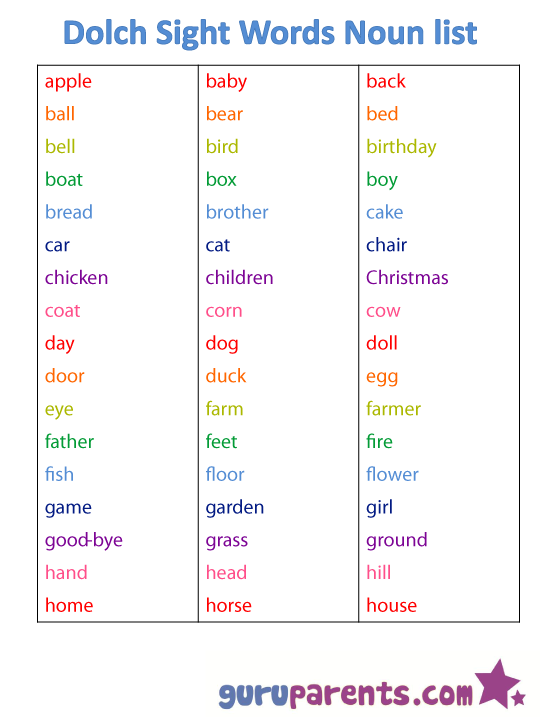 Talk about whether it
makes sense or not.
Talk about whether it
makes sense or not.
- ACTIVITY THREE:
- provide the child with all or part of the pile of flashcards
- allow them to create their own sentences using the cards
- read the sentences with them and talk about what they've created.
- OPTIONAL: Have them glue their completed sentence to the bottom of a piece of construction paper and draw a picture of their sentence on the top. (author/illustrator of their own story).
Dolch Sight Words List | Sight Words: Teach Your Child to Read
All the Dolch sight word lists, divided by grade, also available as printable PDFs.
More
Five techniques for teaching Dolch sight words. Learn proven ways to introduce words, reinforce learning, and correct mistakes.
More
Print a set of Dolch sight word flash cards, or use our generator to create your own custom cards.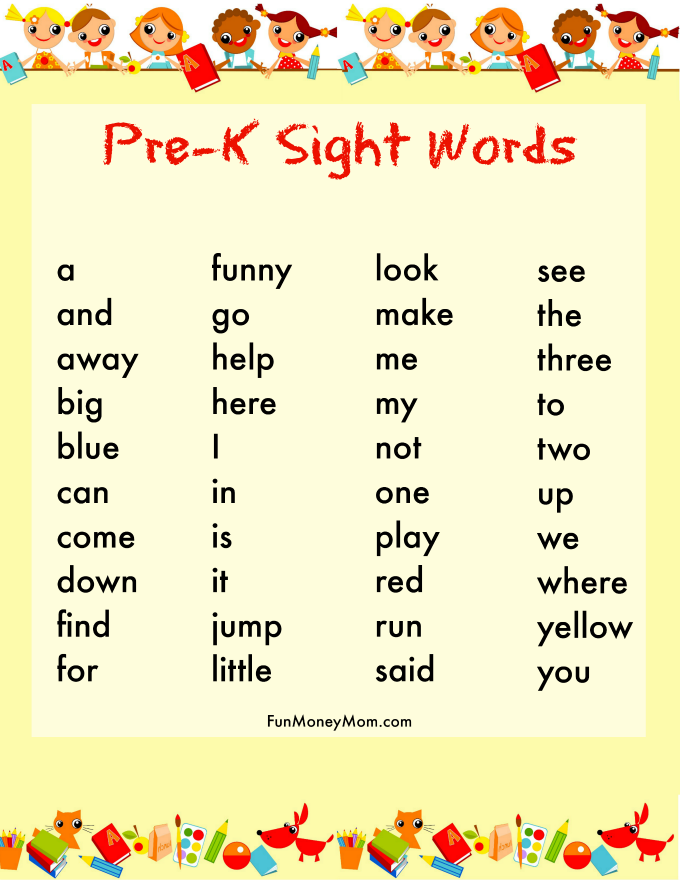
More
Print cards and game boards for 18 Dolch sight word games. A fun way to reinforce sight words lessons!
More
The Dolch Sight Words list is the most commonly used set of sight words. Educator Dr. Edward William Dolch developed the list in the 1930s-40s by studying the most frequently occurring words in children’s books of that era. The list contains 220 “service words” plus 95 high-frequency nouns. These words comprise 80% of the words you would find in a typical children’s book and 50% of the words found in writing for adults. Once a child knows this list of words, it makes reading much easier, because the child can then focus his or her attention on the remaining words.
The Dolch words are commonly divided into groups by grade level, ranging from pre-kindergarten to third grade, with a separate list of nouns. There are a total of 315 Dolch Sight Words.
- Pre-K Dolch Sight Words
(40 words)a, and, away, big, blue, can, come, down, find, for, funny, go, help, here, I, in, is, it, jump, little, look, make, me, my, not, one, play, red, run, said, see, the, three, to, two, up, we, where, yellow, you
- Kindergarten Dolch Sight Words
(52 words)all, am, are, at, ate, be, black, brown, but, came, did, do, eat, four, get, good, have, he, into, like, must, new, no, now, on, our, out, please, pretty, ran, ride, saw, say, she, so, soon, that, there, they, this, too, under, want, was, well, went, what, white, who, will, with, yes
- First Grade Dolch Sight Words
(41 words)after, again, an, any, as, ask, by, could, every, fly, from, give, going, had, has, her, him, his, how, just, know, let, live, may, of, old, once, open, over, put, round, some, stop, take, thank, them, then, think, walk, were, when
- Second Grade Dolch Sight Words
(46 words)always, around, because, been, before, best, both, buy, call, cold, does, don’t, fast, first, five, found, gave, goes, green, its, made, many, off, or, pull, read, right, sing, sit, sleep, tell, their, these, those, upon, us, use, very, wash, which, why, wish, work, would, write, your
- Third Grade Dolch Sight Words
(41 words)about, better, bring, carry, clean, cut, done, draw, drink, eight, fall, far, full, got, grow, hold, hot, hurt, if, keep, kind, laugh, light, long, much, myself, never, only, own, pick, seven, shall, show, six, small, start, ten, today, together, try, warm
- Noun Dolch Sight Words
(95 words)apple, baby, back, ball, bear, bed, bell, bird, birthday, boat, box, boy, bread, brother, cake, car, cat, chair, chicken, children, Christmas, coat, corn, cow, day, dog, doll, door, duck, egg, eye, farm, farmer, father, feet, fire, fish, floor, flower, game, garden, girl, goodbye, grass, ground, hand, head, hill, home, horse, house, kitty, leg, letter, man, men, milk, money, morning, mother, name, nest, night, paper, party, picture, pig, rabbit, rain, ring, robin, Santa Claus, school, seed, sheep, shoe, sister, snow, song, squirrel, stick, street, sun, table, thing, time, top, toy, tree, watch, water, way, wind, window, wood
- All Dolch Sight Words by group
- All Dolch Sight Words in alphabetical order
Leave a Reply
Checking and expanding vocabulary
The user is not authorized.
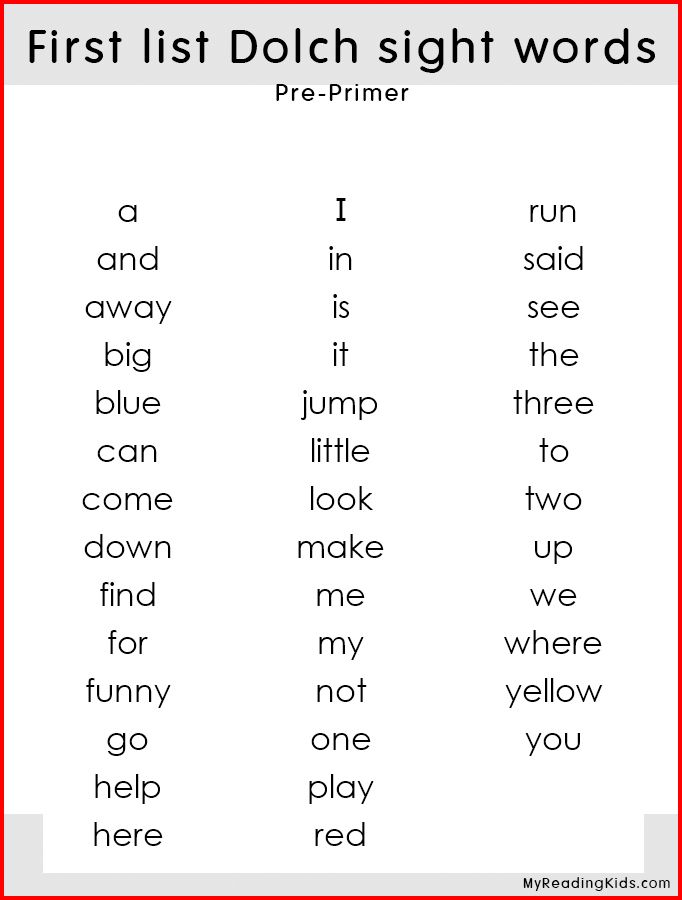
First level of exercises available Vocabulary testing and expansion - Teaching letters and alphabets to preschool children. Alphabet, Russian letters
Expansion of the vocabulary of children 3-6 years old - learning to read online
It's no secret that children often read badly just because they don't understand words that smart adult uncles use in the text. This raises two difficulties - read the word itself, and it can be long, and secondly, understand what was read and remember what it means. nine0008
For those kids who have not yet learned how to link letters into words and made this training. At the first stage, you need to memorize three-letter words, and a little later - four-letter. At the same time, it is important to remember that this game is primarily for replenishment. vocabulary, and not on the speed of solving the puzzle. That is, exercise necessary with an adult and if the child does not understand the words, then the adult is simply obliged explain its meaning.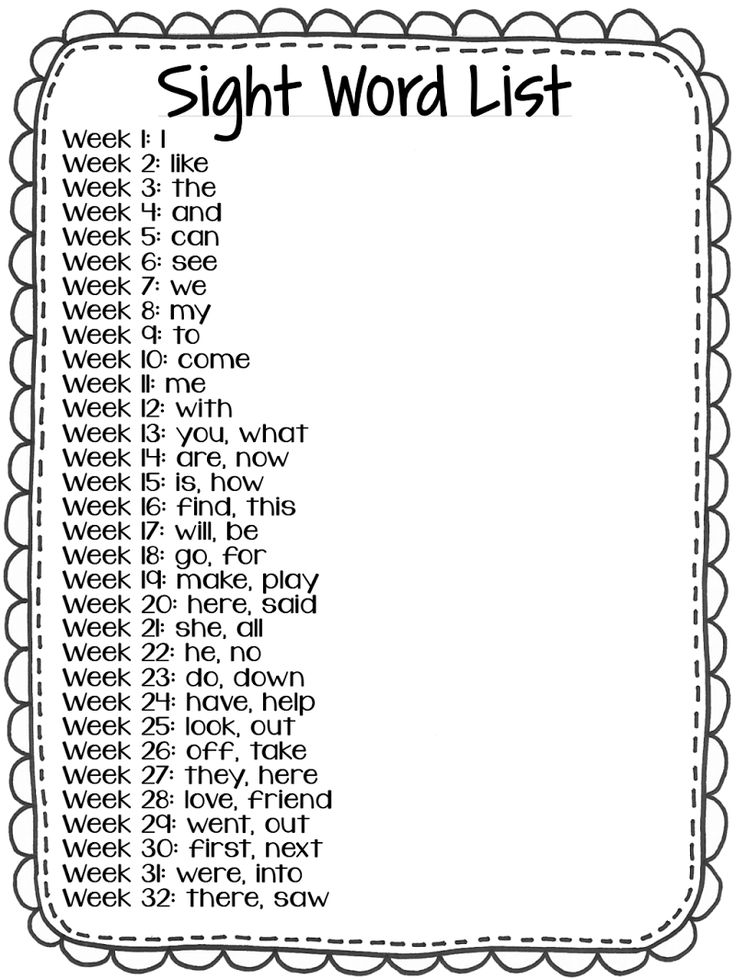
How does vocabulary help children prepare better for university entrance? school
The more vocabulary a person has, the easier he can formulate thoughts. Remember that there is a rule that they meet a person by clothes, but follow the mind. At present, both clothes and mind are determined by the dictionary reserve man
Millet just play games on my site for five to ten minutes each day and in a playful way teach your child to read. Remember that children cannot time to work hard. Children learn only through play. nine0008
How to choose the time for classes
There is this recommendation:
If you want to be successful and not discourage your child from learning, make each session a game when he is active, alert and in good mood.
This is a highly controversial recommendation.
The kid quickly understands that as soon as it opens primer, then it will be boring, and he won’t be able to see the TV set. The mood spoils, occupation comes from under the stick. nine0008
How to choose the right words for reading
Not all children understand how to put letters into words correctly. for them the letters are just icons that don't represent anything. Why do adults want certain things from them? actions, children do not understand. And, at some point, the children understand what it is letters and how words can be formed from them. Just for such children, I collected simulators and games.
In this simulator, you will need to read simple words and choose the right picture that represents the word. First come simple words, consisting of three letters, then more difficult and long. The task I set was to collect the words, with all letters of the Russian alphabet. nine0008
Learning to read by playing online
Determine the child's vocabulary
Words for reading should be given from what is already known thesaurus (dictionary) of the child.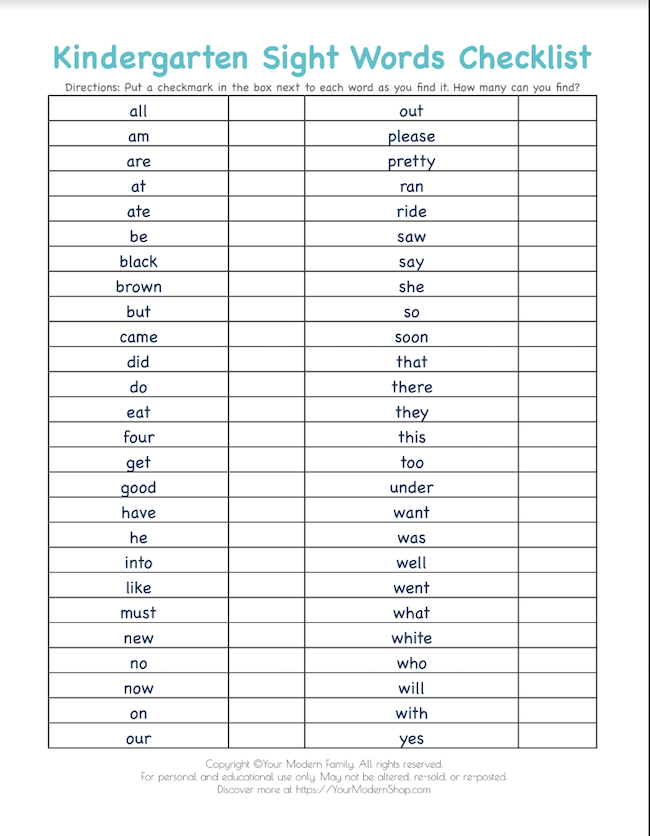
The child operates with words related to people:
mother, father, woman, grandfather (if he is still alive - if not, then we exclude from the list), aunt, uncle, Vasya, Nastya, Sergey, Lena, Kolya - all names parents, brothers and sisters.
nine0034The child can describe the surrounding kitchen utensils:
spoon, mug, plate, soup, tea, cube, water, drink,
Adding tasty words for boys to the dictionary
Lego, robot, tank, pistol, helmet, car, truck, gun, defense, attack, football...
A, for girls - words for girls
beauty, princess, girl...
Adding fairy tale characters and toy names to the dictionary
Luntik, Aibolit, MoyDodyr, Shapoklyak...
If the kid watches American cartoons, then add the main characters of these cartoons
Other games
Reading sentences
Find a pair of letters
Find a pair of syllables
Five pictures
Nadi letter
Words - wheels
Search for the word
Keyboard
Find a couple of words
Locate in the letters
Set of phrases on the keyboardWhy the baby, the preschooler, forgets the letters.
SlovariaLearning to read in games
Why does a baby forget letters, although he learned them yesterday
Usually, a child easily memorizes some letters, and not so others. The role of an adult in celebrating what his ward does not succeed in and giving additional tasks. nine0008
Another important thing is regularity. Since for the child all learning is frankly, cramming and repetition, then the process of classes should be such that information was repeated at regular intervals.
Ebbinghaus (read more about this on Wikipedia) studied how quickly people forget meaningless information for this person and came to the conclusion that in the first twenty minutes, 40% of the information is forgotten. And if it is impossible to say exactly what it means this or that letter, then this is tantamount to the fact that the letter is completely unfamiliar. Must be unequivocal 100% recognition. nine0008
Repeat, repeat, repeat
For example, you are training warehouses (syllable, combination of letters) TO , and the child more or less learned to recognize and read the combination.
Add the syllable BUT to the tasks, and ask to read words helping to read unfamiliar more child letters. However, the child can click on the syllables himself and listen to how the computer is reading.
co r zi at
pa on ma
su to no
The program has a vocabulary of the present word 900 words and will pick up with ease words with the necessary syllables (syllables).
Note
See if the child understands the meaning of the words. The dictionary in the program is selected in a special way - so that all combinations of letters needed for training come across. Therefore, the word may be unfamiliar. For example, the word SUKNO has been added to the dictionary since this word includes the SU warehouse.
Note
If you have any ideas for expanding the dictionary, then I will gladly include your dictionary to the existing one.
nine0008
Learn the secrets of teaching your child to read at home.
- Which words should be read first
- How to encourage a child to study with zeal
- How to teach a child to read clearly and clearly
- Why children read MeAMeA
- How Leo Tolstoy taught children. Why did he criticize the Germans?
- The child reads slowly. What to do?
- The child knows the letters, but cannot read, what to do? nine0172
- How to save on training courses.
Determination of a child's readiness for learning
sentences and could express his thoughts, and more or less - distinctly pronounce sounds.
How long does it take to study?
The duration of each lesson should not exceed 5 minutes, as children early age are not yet capable of longer concentrated actions. nine0008
How to choose the time for classes
There is this recommendation:
If you want to be successful and not discourage your child from learning, make each session a game when he is active, alert and in good mood.
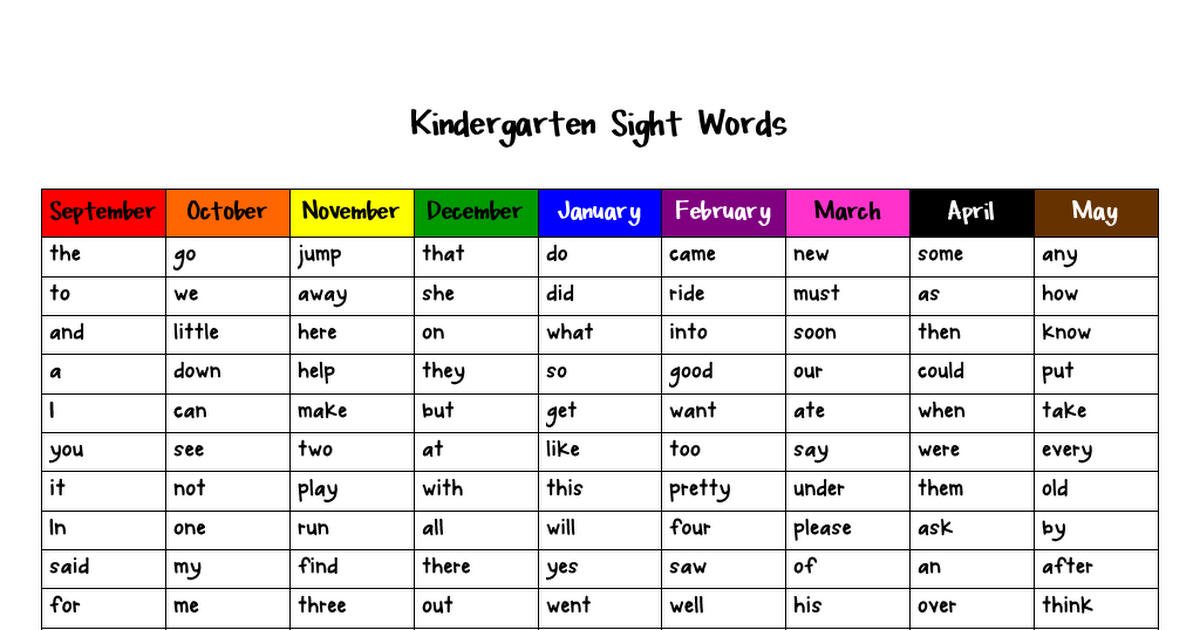
This is a highly controversial recommendation. The kid quickly understands that as soon as it opens primer, then it will be boring, and he won’t be able to see the TV set. The mood spoils, occupation comes from under the stick. nine0008
Here are the simple rules for organizing classes:
- Classes must be periodic. Short enough for your son or daughter engaged enthusiastically.
- There should be a reward at the end.
- The kid must clearly understand what he needs to do this time.
I RECOMMEND!
I recommend reading Karen Pryor's book Don't Grow at the Dog, in order to to understand how to train... oh, train a child. nine0008
In short, put only one task. ONLY ONE! As soon as it turns out what you wanted - leave the lesson. For example, you want the child to clearly uttered the tongue twister "in the yard - grass, on the grass - firewood." Explain to the child that you need to clearly and clearly say the words slowly and articulately.
If he speaks on the first try. Everybody! lessons are over.
In our case, clearly explain how many exercises he has to do this time! And don't give any more quests. nine0008
Teaching reading to children 3,4,5,6 years old in a playful way. Acquaintance with letters, alphabet, correct pronunciation, simple texts for reading
My first words: English words for children
How to raise a polyglot child? The answer is simple: start learning languages with him as early as possible. Basic English will be an excellent foundation for the future knowledge of the baby and will help develop learning skills, because the brain of children at an early age absorbs an almost endless amount of information like a sponge. The main thing is to present it correctly. nine0008
In this article you will find not only simple first English words for children, but also recommendations for learning them. Open to your kid the fascinating world of English!
At what age do we start teaching?
Opinions of experts and parents themselves about the age at which it is worth starting to learn English with a child differ.
Of course, you can start singing lullabies to your baby in English even from infancy, but your strength will be almost wasted. nine0008
Most agree that the most optimal age at which an average child begins to adequately learn English as a foreign language is 2.5-3 years. It is believed that at this age the process of formation of native speech is already ending. That is, the child must be able to clearly pronounce Russian sounds and words, as well as build sentences and have a coherent speech.
The exceptions here are when the child grows up in a multicultural environment. For example, if the mother is Russian and the father is English, then it is possible to communicate with the child in two languages from the very beginning. True, then your child will be funny to form sentences, and questions like: “Mom, can I have an apple” will constantly sound in the house. nine0008
This approach is good when the family lives abroad, where the main language is a foreign one.
As a child gets older and starts attending kindergarten, the child will understand the difference between the languages of his parents and begin to use words in the correct context. This applies, by the way, not only to English, but also to any foreign language.
If you want your child to speak only English from the very beginning, you can create an artificial multicultural environment. For example, at home talking with the baby only in a foreign language. nine0008
Is it possible to send the child to a language nursery or kindergarten with an English focus? Then do it without any hesitation. So the multicultural environment will be natural for the child: in the nursery they will communicate with him mainly in English, and at home you will be able to talk with the baby in Russian. In specialized language kindergartens, teachers will help your child learn English in a natural environment, and at home you can consolidate knowledge with him through various games and riddles.
nine0008
If it is not possible to send your child to a language kindergarten, start learning English at home using the same methods that you used to learn your native language with him.
How to learn English with a child?
At a young age, of course, we are not talking about grammar or writing English words. To begin with, the child needs to learn how to pronounce sounds correctly, remember letters and form a basic vocabulary. By the way, it will be much easier for a kid than for an adult to remember the correct pronunciation of English sounds, which are so different from Russian ones. They will not have to rebuild their articulation apparatus as much as we, adults, who have been speaking their native language for many years. nine0008
Here is a list of skills to develop in a preschooler first:
- listening to speech
- speaking
- readingTo ensure that learning English does not become a burden for a child, add an element of the game to the learning process.
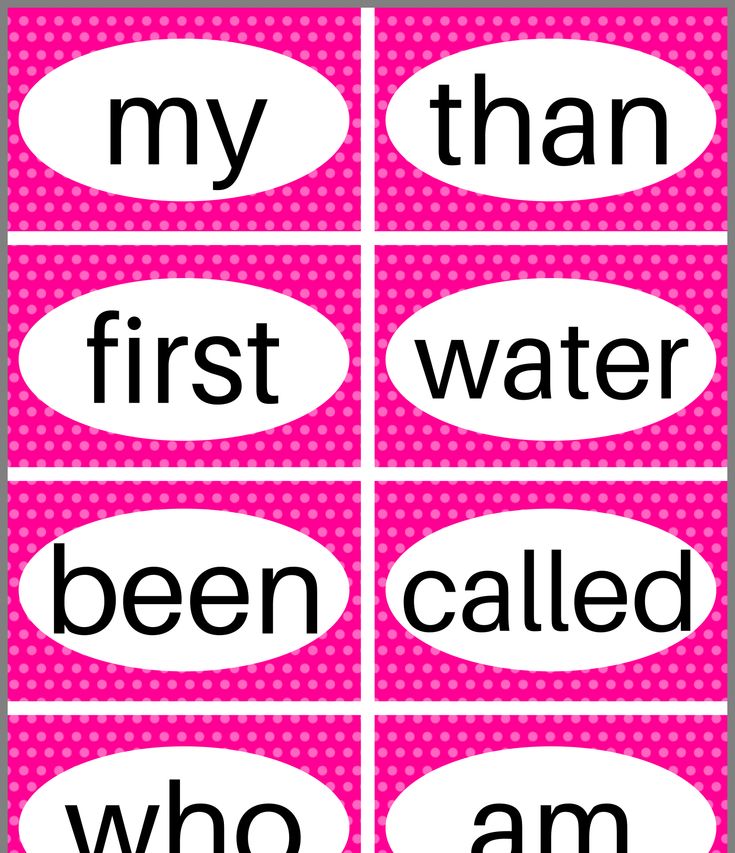
Get a bright glove doll and make it a kind of "teacher" for your child. Introduce your baby to a new toy and say that it only understands English, which means that in order to play with it, the child needs to learn an interesting new language. So this toy will become the main intermediary between you and your child in learning English. nine0008
First of all, learn the alphabet and the correct pronunciation of letters and basic sounds with your child. Make it better with the help of the popular ABC Song. This is how the English alphabet is taught all over the world, not only by foreigners, but also by native speakers themselves.
Next - form basic English for children: words and simple phrases. For example, make cards for basic words that the child already knows in their native language. These can be household items, animals, body parts, etc. It is better that the cards are bright, with the spelling of a word and a picture symbolizing a particular subject.
You can stick these cards on household items so that the child constantly sees the names of objects in English and memorizes them automatically. nine0008
Incorporate English words into your regular vocabulary when communicating with your child. In the context of what is happening around the baby, it will be much easier to understand and learn the language. Playing at home or being outside, use the phrases and words you have already learned. If a child tells you: “Mom, look, a kitty!” Then answer: “Yes, it’s true, it’s a cat. How would it be in English? A cat. This is a cat.
By the way, it's better to start learning not just individual words, but whole phrases at once, as in the example above. That is, to acquaint with the very, very basic grammar. After all, if you tell your child only words, he will only know the translation, and if you start using whole sentences, then he will memorize in sentences. nine0008
Visualization and variety are important for learning English with a child.
Children may enjoy books in English with colorful pictures that can be read together at bedtime instead of the usual Russian fairy tales. Also, do not forget about special educational cartoons in English, where bright characters tell the child about the basics of the language or teach him the alphabet.
Play fun and educational games with your little one so they don't get bored while learning English. It can be cards, pantomimes, drawings and much more. nine0008
Basic set of words with transcription and translation
The first English words for children to start learning the language with are those that surround the child every day. Below you will find a list of such words by topic.
Family [ˈfæmɪli] - family
Mother [ˈmʌðə] - mother
Father [ˈfɑːðə] - father
Brother [ˈbrʌðə] - brother
Sister [ˈsɪstə] - sister
Grandmother [ˈgrænˌmʌðə] - grandmother
Grandfather [ˈgrændˌfɑːðə] - grandfatherBody [ ˈbɒdi ]
Head [head] - head
Hair [heə] - hair
Eyes [aɪz] - eyes
Nose [nəʊz] - nose
Teeth [tiːθ] - teeth
Lips [lɪps] - lips
Ears [ɪəz] - ears
Neck [nek] - neck
Shoulders [ˈʃəʊldəz] - shoulders
Leg [leg] - leg
Feet [fiːt] - feetPets [ pets ]
Dog [dɒg] - dog
Cat [kæt] - cat
Kitten [ˈkɪtn] - kitten
Puppy [ˈpʌpi] - puppy
Rabbit [ˈræbɪt] - rabbit
Parrot [ˈpærət] - parrot
Fish [fɪʃ] - fish
Hamster [ˈhæmstə] - hamster
Snake [sneɪk] - snake
Turtle [ˈtɜːtl] - turtleAnimals [ ˈænɪməlz ]
Goat [gəʊt] - goat
Pig [pɪg] - pig
Sheep [ʃiːp] - sheep
Horse [hɔːs] - horse
Cow [kaʊ] - cow
Goose [guːs] - goose
Chicken [ˈʧɪkɪn] - chicken
Duck [dʌk] - duck
Cockerel [ˈkɒkərəl] - cock
Fox [fɒks] - fox
Wolf [wʊlf] - wolf
Bear [beə] - bear
Hare [heə] - hare
Elephant [ˈelɪfənt] - elephant
Tiger [ˈtaɪgə] - tiger
Lion [ˈlaɪən] - lion
Crocodile [ˈkrɒkədaɪl] - crocodile
Giraffe [ʤɪˈrɑːf] - giraffeColors
Red [red]
Green [griːn] - green
Blue [bluː] - blue
Orange [ˈɒrɪnʤ] - orange
Yellow [ˈjeləʊ] - yellow
Pink [pɪŋk] - pink
Gray [greɪ] - gray
Black [blæk] - black
White [waɪt] - white
Purple [ˈpɜːpl] - purple
Brown [braʊn] - brownFood
Water [ˈwɔːtə] - water
Tea [tiː] - tea
Juice [ʤuːs] - juice
Sugar [ˈʃʊgə] - sugar
Salt [sɒlt] - salt
Yogurt [ˈjɒgət] - yogurt
Bread [bred] - bread
Milk [mɪlk] - milk
Cheese [ʧiːz] - cheese
Eggs [egz] - eggs
Butter [ˈbʌtə] - oil
Meat [miːt] - meat
Cookies [ˈkʊkiz] - cookies
Chocolate [ˈʧɒkəlɪt] - chocolate nine0304Fruits [ fruːts ]
Apple [ˈæpl] - apple
Pear [peər] - pear
Orange [ˈɒrɪnʤ] - orange
Banana [bəˈnɑːnə] - banana
Lemon [ˈlemən] - lemon
Pineapple [ˈpaɪnˌæpl] - pineapple
Grapes [greɪps] - grapes
Kiwi [ˈkiːwi:] - kiwi
Tangerine [tæn(d)ʒəˈriːn] — Mandarin
Melon [ˈmelən] - melon
Watermelon [ˈwɔːtəˌmelən] - watermelon
Peach [piːʧ] - peachVegetables
Carrot [ˈkærət] - carrot
Onion [ˈʌnjən] - bow
Garlic [ˈgɑːlɪk] - garlic
Tomato [təˈmɑːtəʊ] - tomato
Cabbage [ˈkæbɪʤ] - cabbage
Pepper [ˈpepər] - pepper
Potato [pəˈteɪtəʊ] - potato
Cucumber [ˈkjuːkʌmbə] - cucumberHouse [haʊs] - house
Bedroom [ˈbedruːm] - bedroom
Living room [ˈlɪvɪŋ ruːm] - living room
Kitchen [ˈkɪʧɪn] - kitchen
Bathroom [ˈbɑːθruːm] - bathroom
Fridge [frɪʤ] - refrigerator
Cooker [ˈkʊkə] - plate
Table [ˈteɪbl] - table
Chair [ʧeə] - chair
Sofa [ˈsəʊfə] - sofa
Bed [bed] - bed
Window [ˈwɪndəʊ] - window
Mirror [ˈmɪrə] - mirror
Towel [ˈtaʊəl] - towel
Toothbrush [ˈtuːθbrʌʃ] - toothbrush
Toothpaste [ˈtuːθpeɪst] - toothpaste
Wardrobe [ˈwɔːdrəʊb] - wardrobe
Cup [kʌp] - mug
Plate [pleɪt] - plate
Bowl [bəʊl] - bowl
Fork [fɔːk] - fork
Spoon [spuːn] - spoon
Knife [naɪf] - knife
Clock [klɒk] - hoursClothes [ kləʊðz ]
Dress [dres] - dress
Skirt [skɜːt] - skirt
Shirt [ʃɜːt] - shirt
T-shirt [ˈtiːʃɜːt] - T-shirt
Jeans [ʤiːnz] - jeans
Trousers [ˈtraʊzəz] - pants
Shorts [ʃɔːts] - shorts
Jumper [ˈʤʌmpə] - sweater
Suit [suːt] - suit
Coat [kəʊt] - coat
Hat [hæt] - hat
Socks [sɒks] - socksMonths [ mʌnθs ] - months
January [ˈʤænjʊəri] - January
February [ˈfebrʊəri] - February
March [mɑːʧ] - March
April [ˈeɪprəl] - April
May [meɪ] - May
June [ʤuːn] - June
July [ʤu(ː)ˈlaɪ] - July
August [ˈɔːgəst] - August
September [sepˈtɛmbər] - September
October [ɒkˈtəʊbə] - October
November [nəʊˈvembə] - November
December [dɪˈsembə] - DecemberWeather [ ˈweðə ]
Sun [sʌn] - sun
Rain [reɪn] - rain
Cloud [klaʊd] - cloud
Wind [wɪnd] - wind
Snow [snəʊ] - snow
Fog [fɒg] - fog
Cold [kəʊld] - cold
Hot [hɒt] - hot
Winter [ˈwɪntə] - winter
Spring [sprɪŋ] - spring
Summer [ˈsʌmər] - summer
Autumn [ˈɔːtəm] - autumnThis list of first English words for children is far from complete.
